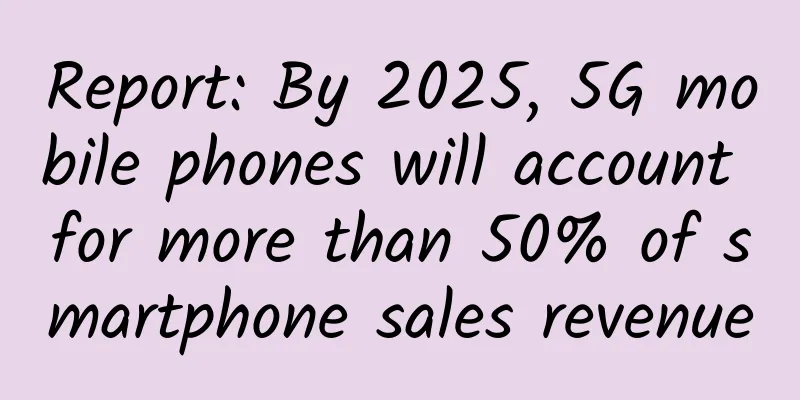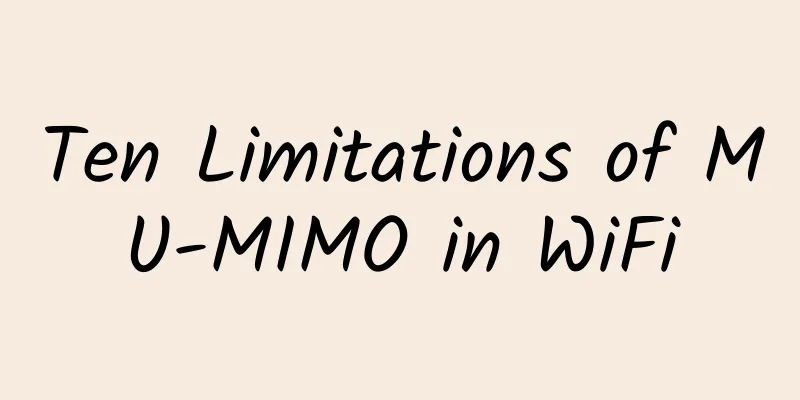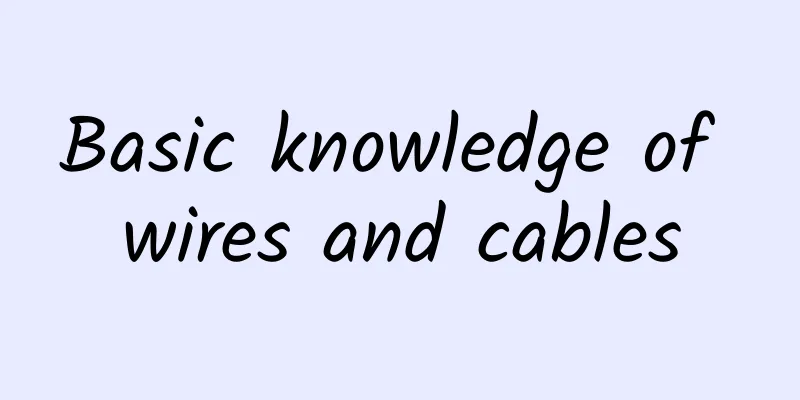Foreign media: The joint development plan of RCS by the three major US telecom operators has failed

|
According to a report from Light Reading, several major US telecom operators announced in 2019 that they would jointly launch an RCS messaging application in 2020. Under the auspices of the new Cross Carrier Messaging Initiative (CCMI), several companies said in late 2019 that they would adopt vendor Synchronoss Technologies to handle the technical logistics of this effort. In May 2020, Synchronoss said, "We continue to believe that the CCMI joint venture will launch an advanced RCS-based messaging service in 2020." But that is not the case. “While we cannot speak on behalf of CCMI and have not officially announced a specific date for the launch of this service, Synchronoss is continuing preparations and looks forward to helping bring RCS-based messaging services to users in the United States,” Synchronoss said in a recent response to questions from Light Reading. Verizon's response was more blunt: "CCMI's owners have decided to terminate the joint venture. However, we, the owners, remain committed to enhancing the messaging experience for our customers, including increasing the availability of RCS," the carrier wrote in a statement.
This development is indeed not surprising. “The RCS market has been developing very slowly over the past decade,” GlobalData analyst Lynnette Luna told Light Reading. Lynnette Luna wrote a report on the U.S. RCS market in June 2020 and has not updated it since. RCS first emerged more than a decade ago when the GSMA marketed the technology under the Joyn brand, hoping that carriers like Vodafone and Verizon would use it to create all sorts of interoperable multimedia features, similar to Facebook's WhatsApp. While the technology has gained some traction in certain regions such as Japan, it remains unpopular in the U.S. market. In response to questions from Light Reading, T-Mobile said: "We are committed to providing RCS interoperability and are working with other vendors to make this happen. T-Mobile customers with Android devices can currently enjoy RCS messaging through our network and with many other users around the world through interoperability with Google." In fact, T-Mobile is perhaps the only US operator to have a say in RCS since CCMI was founded in 2019. The operator first launched RCS in 2015 with vendor Mavenir, and in 2020 T-Mobile announced a deal with Google to provide RCS services to its Metro by T-Mobile prepaid users. Then, in March 2021, T-Mobile said it had reached an agreement with Google to make Google Messages the default messaging service app on all of its Android devices. According to people familiar with the matter, T-Mobile's move is intended to eliminate phone-specific messaging service clients such as Samsung Message. The Google Messages app will still be connected to T-Mobile's RCS service operated by Mavenir. This is notable considering that T-Mobile US accounted for 40% of Mavenir's revenue in 2020.
“The recently announced T-Mobile and Google collaboration is great news for the adoption and integration of RCS as the next generation mobile messaging standard. By adding support for Android Messages, T-Mobile expands reach and adds more RCS users to its network without having to rely on the smartphone manufacturer’s update roadmap. This is also great news for Mavenir as we expand our RCS footprint in the US, as all three major mobile network operators are using Mavenir’s RCS technology in their networks,” said Mavenir’s Head of RCS in a statement. The official continued: "Major U.S. mobile network operators have completed or are in the process of completing RCS interconnection with each other and with other RCS users around the world. It is expected that there will be RCS service availability announcements from different mobile operators, which shows that RCS has become a reality and will continue to develop." Lynnette Luna, an analyst at GlobalData, explained that Google continues to promote RCS in the United States and elsewhere in the hope that it can profit from B2C advertising. This is not surprising considering the performance of such services in countries such as Japan. According to Synchronoss data, Japanese consumers have an opening rate of 85% and a click-through rate of 60% for RCS messages - which is much higher than the 0.001% click-through rate of users on mobile banner ads. “RCS is really important to Google,” said Lynnette Luna, who said the development of RCS services in the United States and elsewhere has suffered from a chicken-and-egg problem — with carriers not supporting the service because customers don’t use it, and vice versa. Of course, another major obstacle to the development of RCS is that iPhone maker Apple, which accounts for nearly half of the US smartphone market, does not support RCS services. “That’s always been the Achilles’ heel of RCS,” Luna said. But she also said the service could be boosted by 5G, which requires carriers to deploy IMS technology that makes RCS interoperability easier to achieve. But Lynnette Luna doesn't hold out much hope for RCS development from US carriers like T-Mobile, Verizon, and AT&T, which are all currently aggressively expanding their 5G networks. Indeed, AT&T didn't even respond to Light Reading's questions about its RCS development. |
<<: Qualcomm, Ericsson and OPPO achieve Europe's first commercial 5G SA network
>>: TSMC factory suddenly outages! May lose 200 million yuan, 30,000 wafers damaged
Recommend
Bluetooth, WiFi and Zigbee: Which wireless technology is better?
Wireless technology is all the rage these days! F...
Kunpeng spreads its wings in Guangdong and the Bay Area | Kunpeng and his friends propose new computing to empower government smart office
[[350382]] At 14:00 on the afternoon of October 3...
A "versatile" network tool - Access Control List (ACL)
Peripheral routers, firewalls, and internal route...
Core Network Evolution (RCAF, PFDF and TSSF) - 3GPP REST API
Looking back at the diversity of technology devel...
China? The United States? South Korea? Which country has the strongest 5G private network application development in the world?
As an important driving force for the digital tra...
How many base stations are there in the world? How many 5G base stations are there?
According to the latest statistics from Omdia, th...
Lingyan Technology: Brand new debut and comprehensive strategic upgrade
Over the past century, as the country has become ...
Is 4G enough? More than 40% of users turn off 5G function in new smartphones
So is 5G really that important? Is 4G no longer a...
How do weak-current system devices in different network segments communicate with each other?
As the number of employees or departments increas...
Buildings evolve from "intelligent" to "smart", CommScope drives the interconnection of smart buildings
[Original article from 51CTO.com] June 5, 2018 - ...
Don’t listen to the merchants’ lies: WiFi signals can’t actually penetrate walls
With the continuous iteration of WiFi technology,...
An introduction to different types of edge computers
Before buying edge computer hardware, we must fir...
DNS Troubleshooting Collection
When I first learned about DNS, I thought it coul...
Are the Prague Proposals issued by 32 countries targeting China's 5G? No, there is a new opportunity behind it.
In Prague Square, white doves are facing the suns...






![[CyberMonday] RackNerd: $12/year KVM-1.5GB/20GB/3.5TB/San Jose & Seattle, etc.](/upload/images/67cac46d08899.webp)


